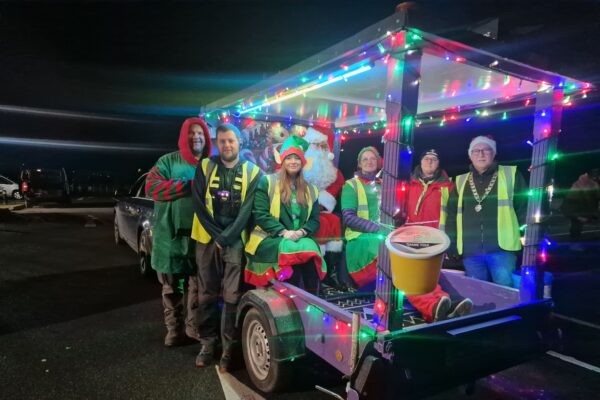
Santa Spreads Festive Cheer and Raises £957 for Liskeard Scouts
Santa’s tour lit up Liskeard and raised £957 for local Scouting! Find out how the team made it happen – and how you can help them reach £1,000.
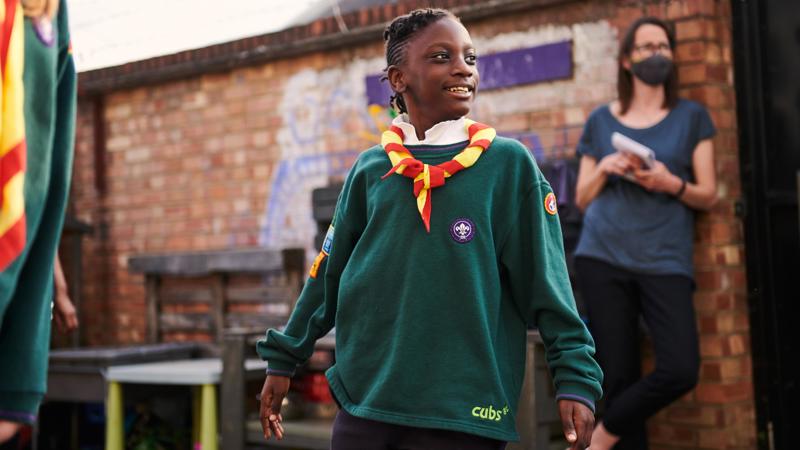
Being a Cub
When you join Cubs, you’ll be introduced to lots of new activities, people and things. Here's everything you need to know.
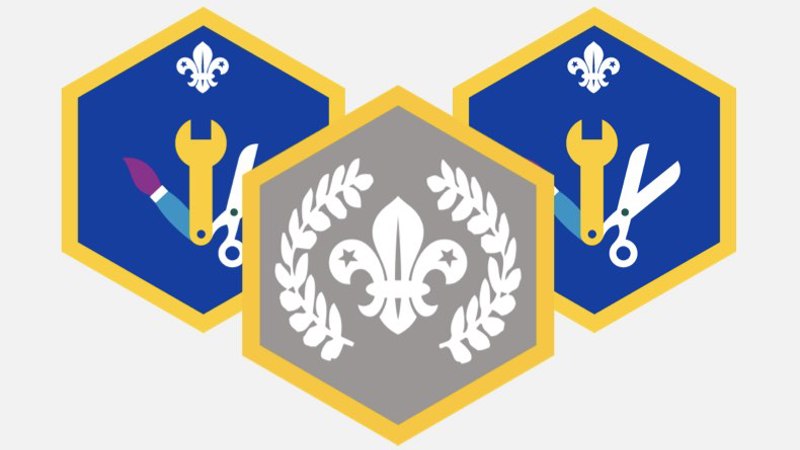
Awards
Completing Challenge Awards lets you do more, learn more and be more. See what’s on offer and start your journey to the top.
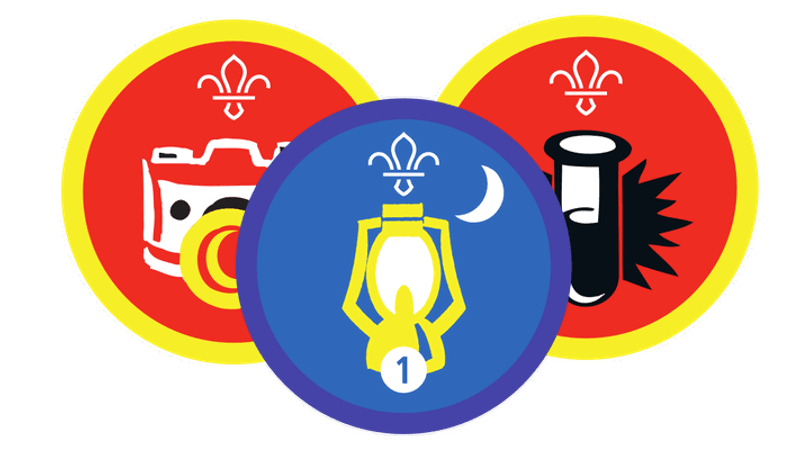
Activity and Staged Badges
Become an expert in something you love, or try something shiny and new. From athletics and astronomy to photography and pioneering, there’s something for everyone.
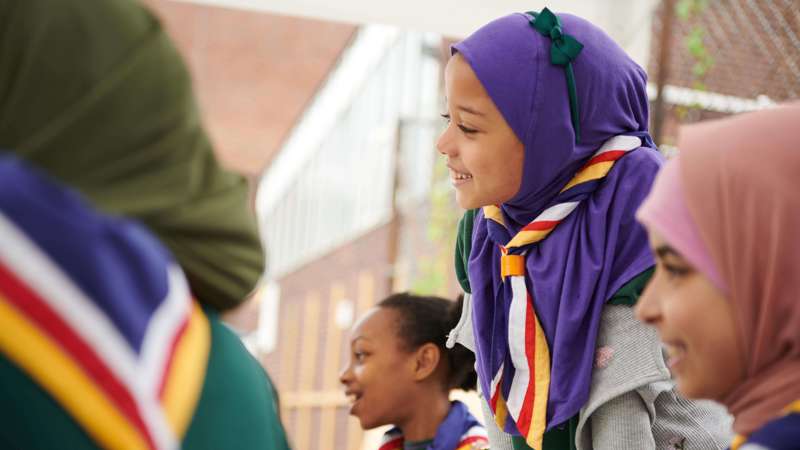
Moving up to Scouts
Eventually, it’ll be time to say farewell to Cubs and embrace your next big adventure.